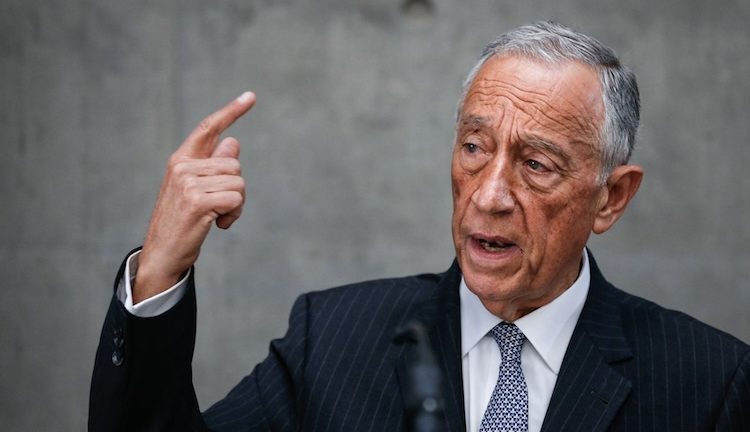By Lisa Vives, Global Information Network
NEW YORK | 29 April 2024 (IDN) — At the “Second International Decade for People of African Descent: Addressing Systemic Racism, Reparatory Justice and Sustainable Development“, a European leader spoke out in support of reparations, saying that his country, Portugal, needed to pay the costs for slavery and colonialism.
“My country takes full responsibility” for the wrongs of the past,” said Portuguese President Marcelo Rebelo de Sousa, at the Forum from 16-19 April at the UN in Geneva. He added that those crimes, including colonial massacres, “had costs.”
The remarks come one year after President Rebelo de Sousa said Portugal should apologize and assume responsibility for its role in the transatlantic slave trade. However, he stopped short of providing any concrete details or a full apology.
“Are there actions that were not punished and those responsible were not arrested? Are there goods that were looted and not returned? he asked. “Let’s see how we can repair this.”

But his remarks did not go far enough for activist Paula Cardoso, the founder of the Afrolink online platform for Black professionals in Portugal. She pointed out that the president’s remarks were made primarily to international audiences.
“There’s still a lack of national recognition that this topic should be widely discussed,” Cardoso commented to the UK Guardian. “Kids are still learning at schools that Portugal was an excellent colonizer, that the country ‘discovered’ other countries, and that Portuguese people are so unique that they mixed with different cultures as if no violations occurred.”
In addition to reparations, she said, Portugal must pay the costs of “being the creator of the transatlantic slave trade, of a culture of dehumanization of Black bodies”.
Practical actions to fight the systemic and structural racism that arose from this were also needed.
“We don’t even collect data on ethnicity to start with,” said Cardoso. “We are not even discussing the past, accepting that we must confront different historical narratives to consider the negative impact of the so-called Discoveries Age. So how is Portugal taking full responsibility?”
Between the 15th and 19th centuries, at least 12.5 million Africans were kidnapped into slavery and forcibly transported long distances by mainly European ships and merchants.
During four centuries, nearly 6 million Africans were kidnapped and forcibly transported across the Atlantic by Portuguese vessels.
Those who managed to survive the voyage were enslaved and forced to toil on plantations in the Americas, mostly in Brazil, while Portugal and its institutions profited from their labor.
Last week, the high commissioner for human rights, Volker Turk, added his voice to the African and Caribbean countries at the United Nations Permanent Forum on Indigenous Issues (UNPFII) Permanent Forum which ran from April 16 to 19.
“On reparations, we must finally enter a new era,” he said in an address to the UN Forum. “Governments must step up to show true leadership with genuine commitments to move swiftly from words to action to adequately address the wrongs of the past.” [IDN-InDepthNews]
Photo: Portuguese President Marcelo Rebelo de Sousa spoke in favor of reparations. Source: The Portuguese News
IDN is the flagship agency of the Non-profit International Press Syndicate


